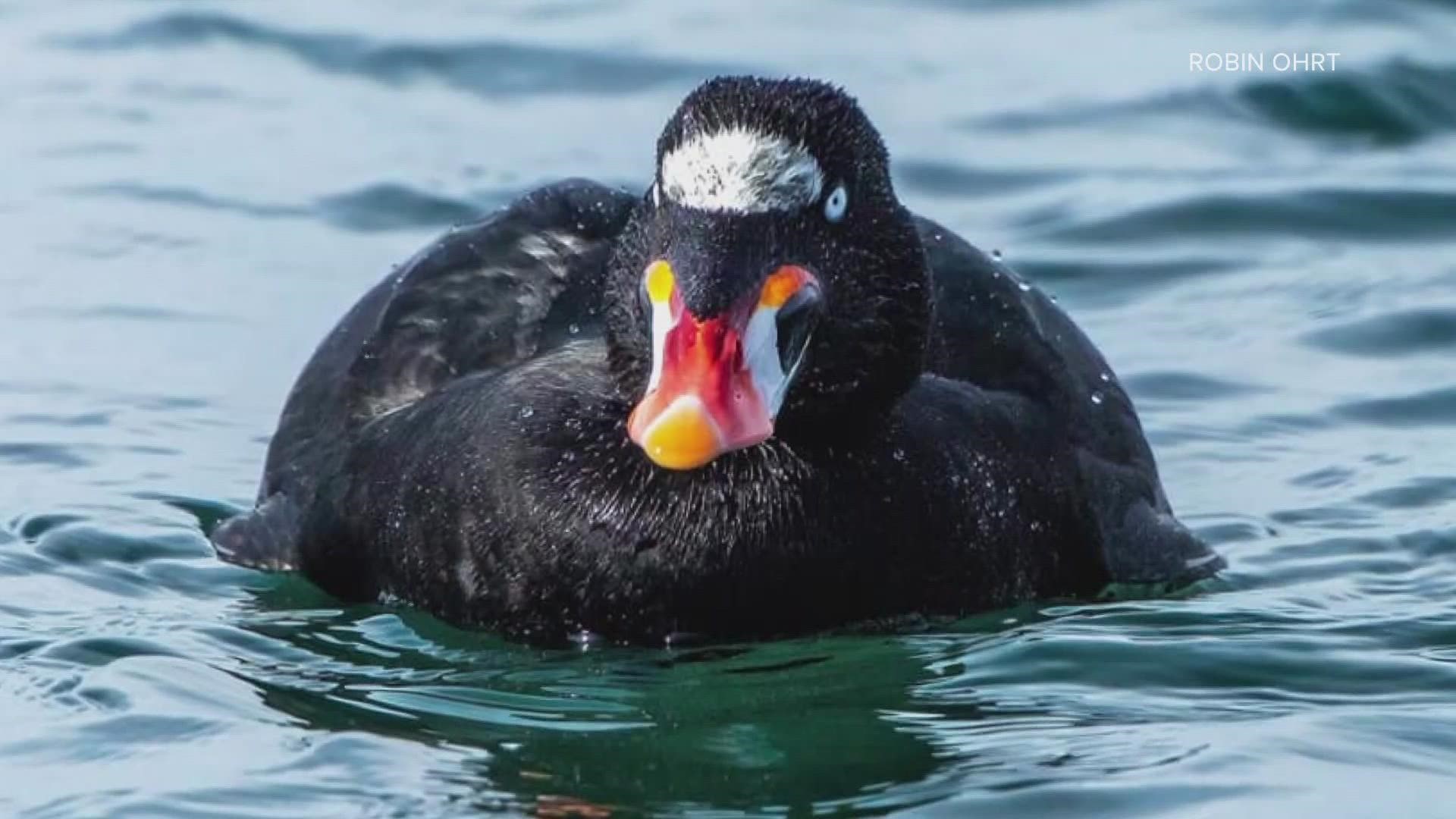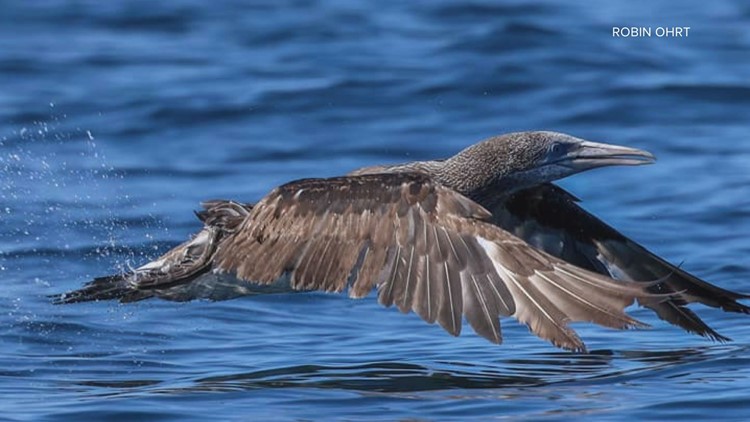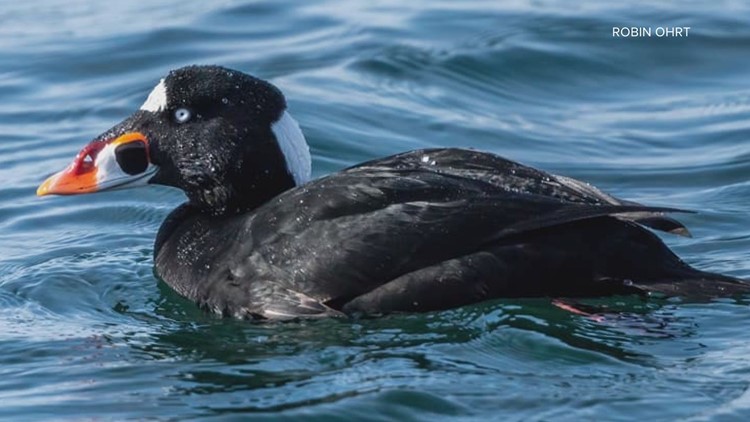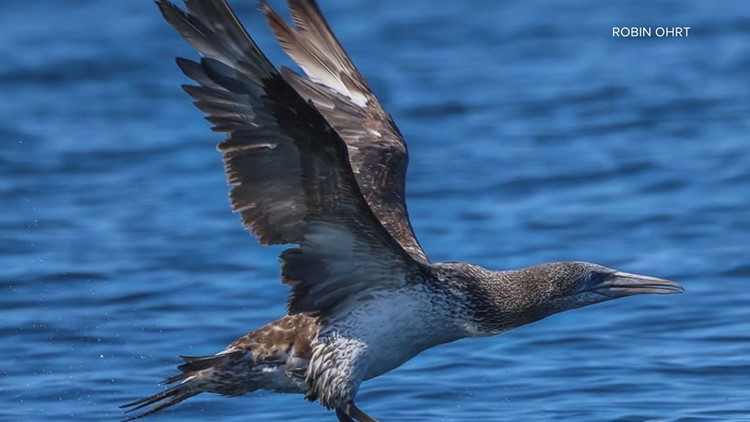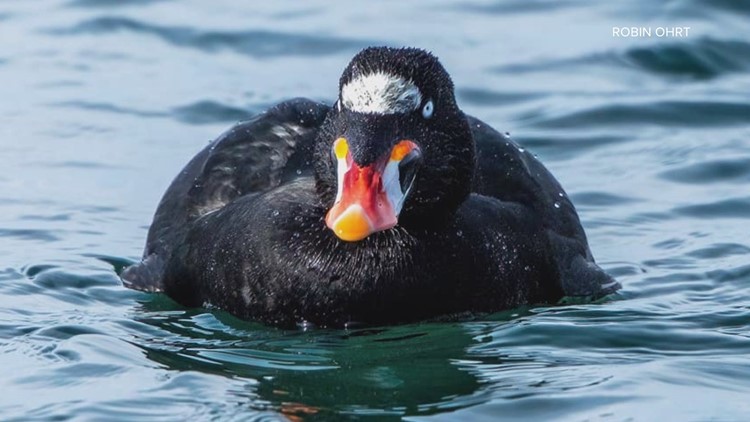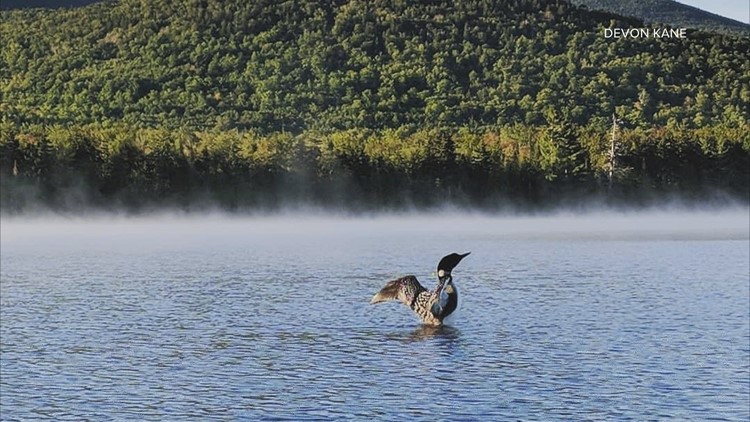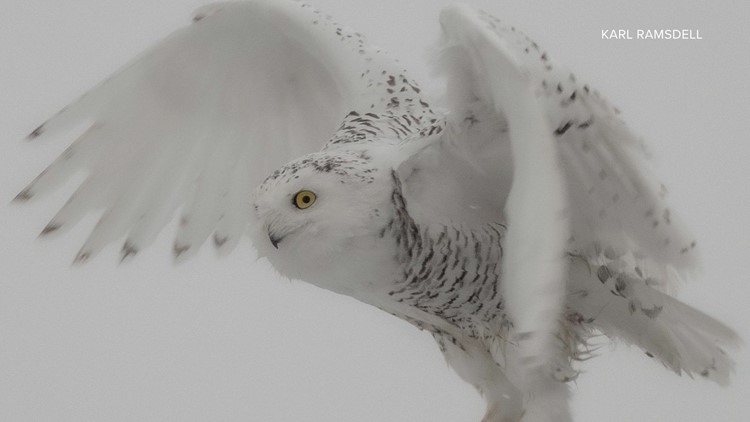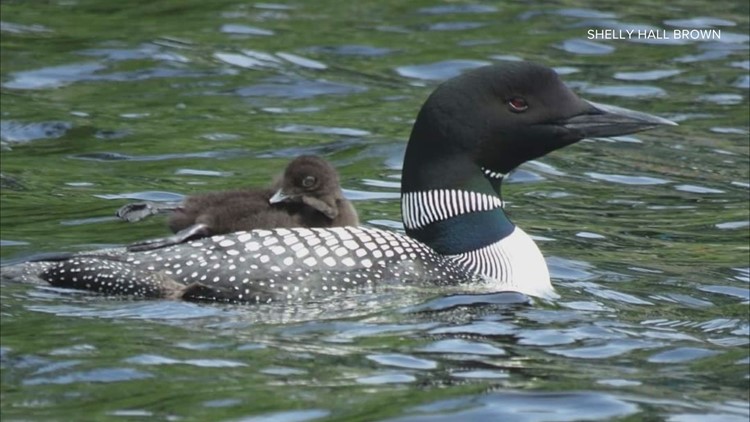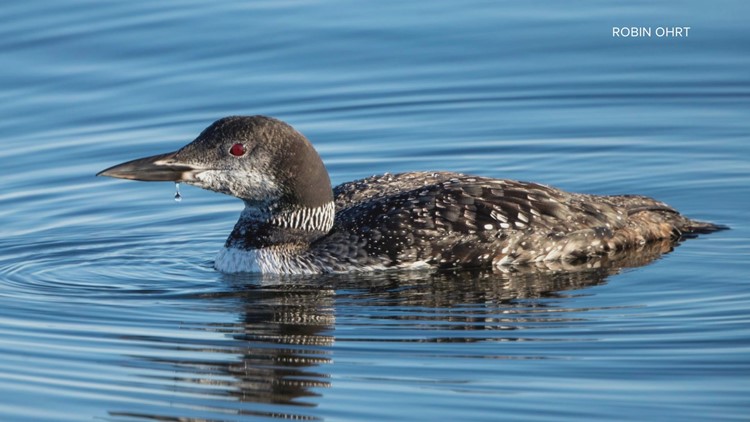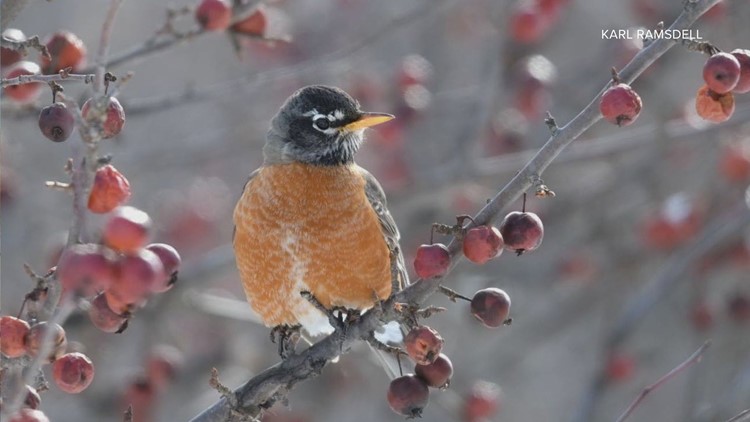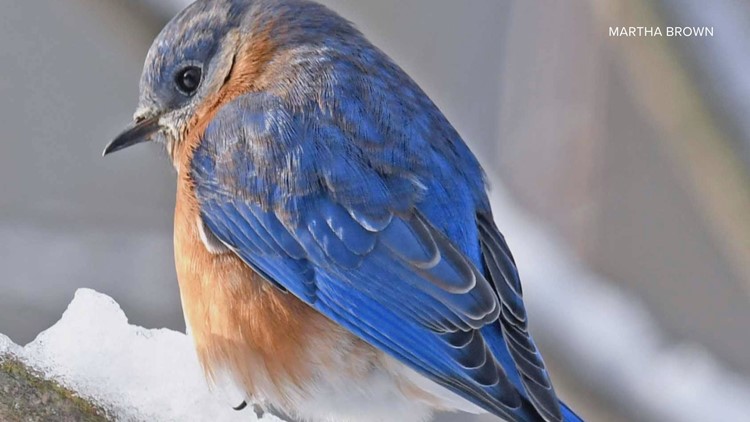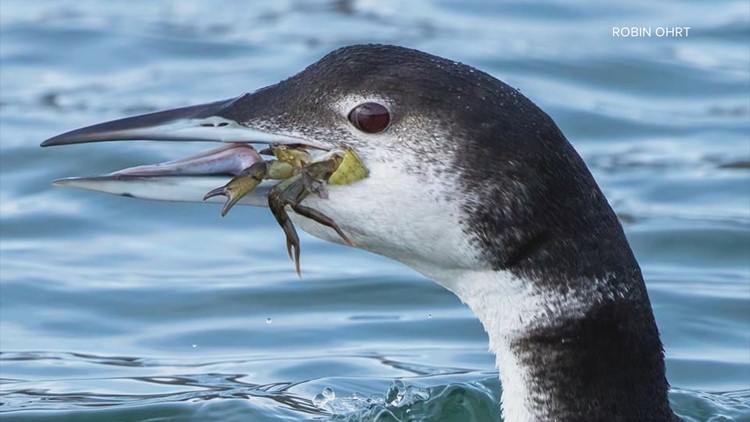OGUNQUIT, Maine — In elementary school, we were taught that birds head south for the winter. While this is of course true for many avian species, many birds will stick it out over Maine's long cold winters.
Bird expert Dan Gardoqui of Lead With Nature and I headed to the Footbridge Beach in Ogunquit to check out some of the coastal birds that will flourish in the icy cold Atlantic all winter long.
By the water's edge, armed with his binoculars, Gardoqui pointed out "rafts" of what the naked eye could only see as black ducks in the distance.
"We are starting to see our winter seabirds coming in," Gardoqui said of surf scoters, then delighting as he spotted a northern gannet bird.
Winter Birds in Maine
"Sweet! This is a crazy cool bird," Gardoqui explained. "They have a super long wingspan and are really skinny like an albatross. These birds throw their wings back and plunge into the water like a dart to catch fish that are being pushed up by bigger fish like tuna. These birds from above start attacking and these poor bait fish don't stand a chance."
Maine loons also migrate from freshwater lakes they enjoy in the summer to the ocean during the winter as their plumage changes.
"Some birds are migrating less and less, we are seeing with changing climate and changing landscape," Gardoqui explained.
Birds that need fruit and insects to survive migrate in search of food but bluebirds and chickadees as well as the nuthatch, tufted titmouse, and many other birds will flock together as they look for anything like larvae in tree bark to survive the winter.
Birds of prey like raptors, owls, eagles, hawks, and some falcons will continue to hunt squirrels, field mice, and other small mammals (even other birds) to get through the winter. Gardoqui said that to survive the cold winter nights, birds lower their metabolism, dropping their core temperatures to save energy which means they need to eat a lot more during the day.
Humans can help by being a little lazy.
"Leave your leaves," Gardoqui suggested. Leaves will create habitat for invertebrates and insects that Gardoqui said are good for the soil, will decompose your leaves, and will be good food for birds.
For Gardoqui, birds aren't just fun to look for and sing to, they're also teachers.
"[Birds] are like kin like relatives. They share a space with us so we might as well figure out how to coexist with them and respectfully too," he said.

